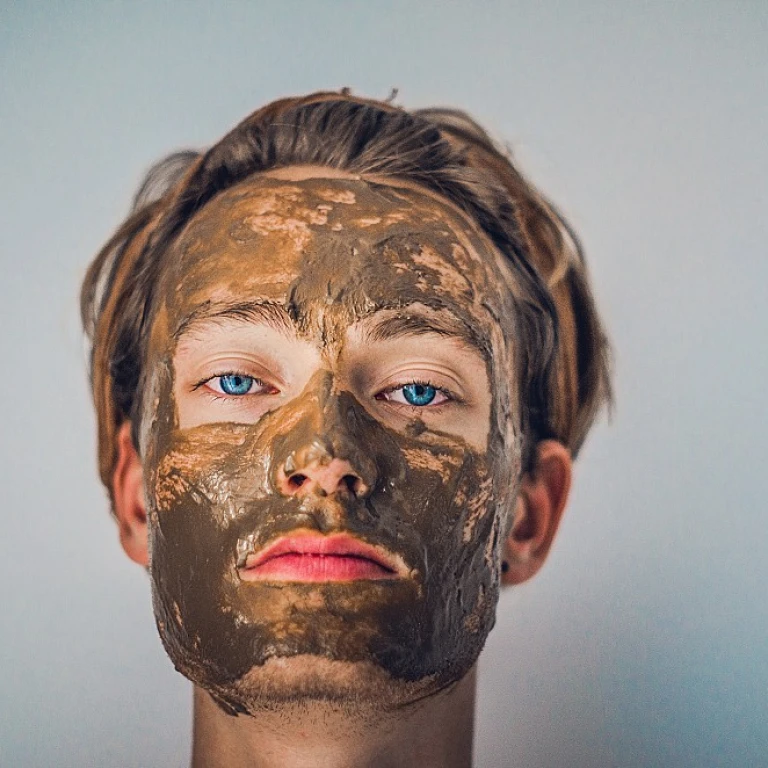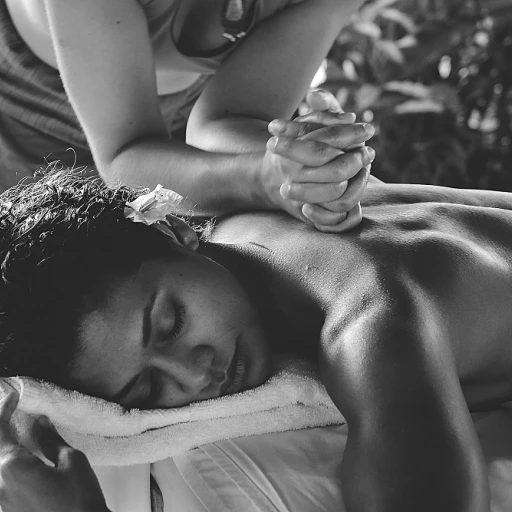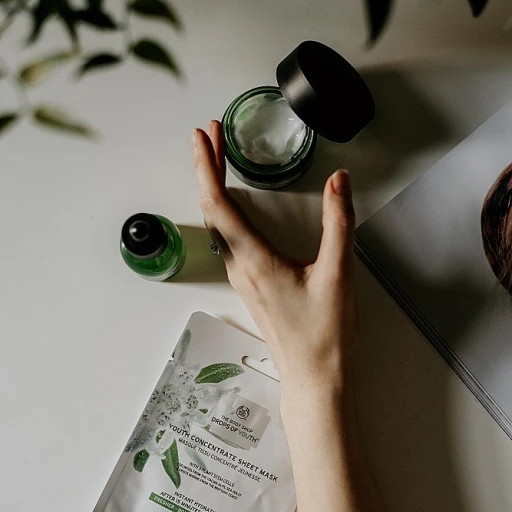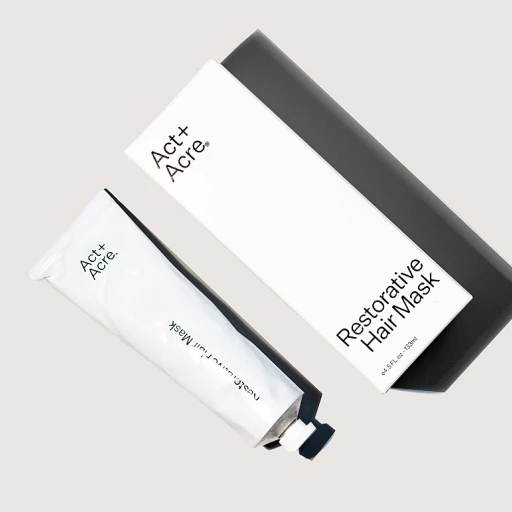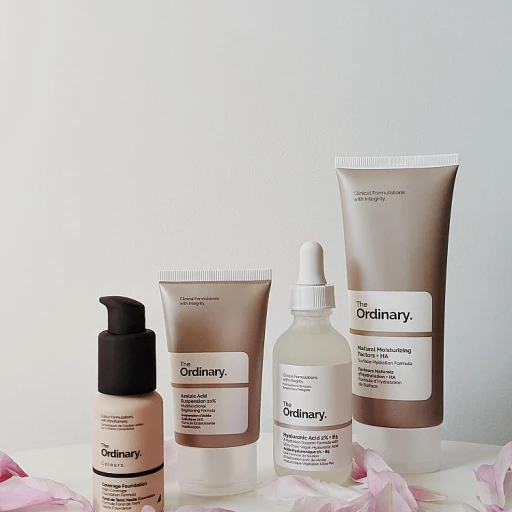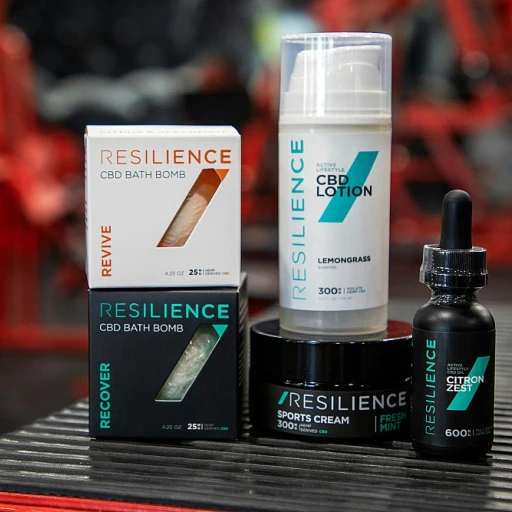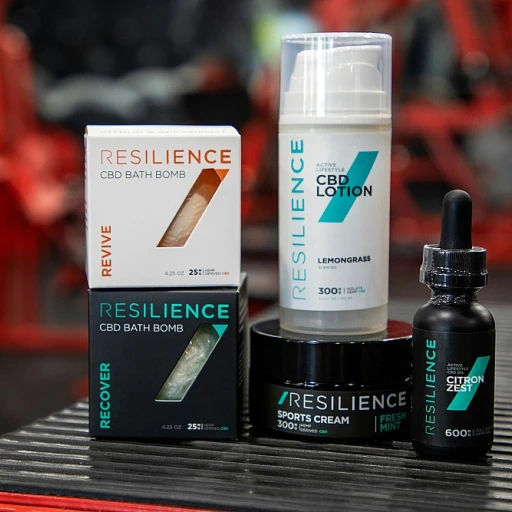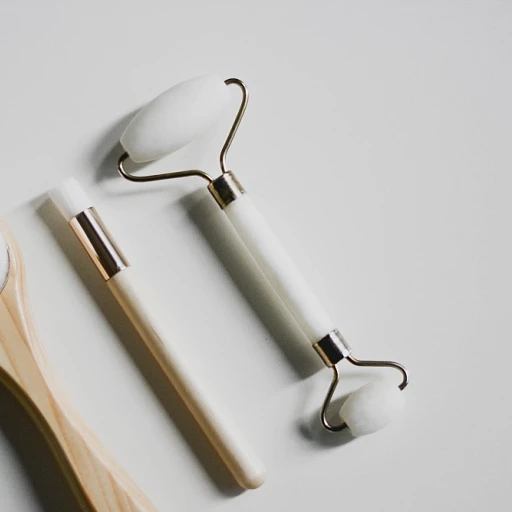Le Nouveau Visage du Luxe: Understanding the Rise of Clean Beauty
Unveiling the Essence of Clean Beauty in the Luxury Market
The luxury cosmetics industry is undergoing a transformation, as the paradigm shifts towards clean beauty. Beyond being just a trend, it represents a burgeoning movement that enthusiasts of high-end beauty products are swiftly embracing—the demand for ethical luxury cosmetics has never been higher. According to a recent Nielsen report, sales of clean beauty products are growing twice as fast as those of conventional beauty products, underscoring a significant market pivot towards more conscientious consumption.
But what does clean beauty truly entail? It's a symphony of cruelty-free production, non-toxic formulations, and sustainable sourcing, harmoniously combining to produce cosmetics that not only pamper the skin but also protect the planet. As per a survey by Statista, up to 73% of beauty aficionados are willing to pay more for such sustainable and clean products, signaling a clear preference for brands that prioritize ethical practices in luxury beauty.
Mapping the Shift to Transparency and Ethical Formulations
Today, clean beauty is not merely about what's in the jar, but the narrative and transparency behind it. Luxury consumers are increasingly investigative, actively seeking out products with clear, understandable ingredient lists. The allure of 'green' or 'eco-friendly' is no longer sufficient without the scientific backing to support these claims. A study from the Consumer Goods Forum found that 68% of shoppers want manufacturers to be transparent about their sustainability practices—a number that mirrors the same transparency expected from luxury clean beauty labels.
Brands leading the charge in the clean beauty frontier are setting the bar high, not just through their marketing, but through substantiating their messages with verifiable actions and impacts. This concept is deftly amplified within the cutting-edge initiatives that leading luxury cosmetics companies are implementing. From leveraging biotechnology for cleaner production processes to harnessing innovative preservation methods that negate the need for harmful preservatives, they're authoring the future of ethical luxury.
The Allure of Purity: Luxury Consumers' Shift Towards Health-Conscious Choices
The clean beauty movement is resonating with luxury consumers not only on an environmental level, but also for health reasons. With a wealth of information at their fingertips, today’s luxury shoppers are more educated and health-conscious than ever. Data indicates that concerns over skin allergies and chemical sensitivities are driving a substantial market segment towards products with 'clean' labels. For example, Mintel’s Global New Products Database suggests that 'dermatologically tested' is one of the most sought-after claims for skin care products, showcased by a 98% year-over-year increase.
Within this sphere of luxury clean beauty, the intersection of health, environmental consciousness, and exclusivity creates an ethical edge that appeals directly to the values and refined tastes of the discerning luxury consumer. Brands that successfully leverage this trifecta are not only winning customer loyalty but are also setting themselves apart in a saturated market.
Au-Delà des Ingrédients: The Clean Beauty Luxury Brands Championing Sustainability
When Clean Beauty Meets Luxury: Brands at the Forefront
Within the thriving cosmetics industry, a significant shift is apparent as luxury beauty brands align with the clean beauty movement. Recent statistics indicate that the global clean beauty market is projected to grow at a CAGR of 12.07% between 2021 and 2028. This surge is a telling sign that consumers are increasingly looking for products that are not only indulgent but also ethical and sustainable. A stellar example includes the likes of Chantecaille and Tata Harper, brands synonymous with both luxe and clean beauty formulations. Their product ranges boast meticulous attention to detail, from sourcing eco-friendly ingredients to ensuring biodegradable packaging, which appeals deeply to the environmentally conscious shopper.
Championing Sustainability Through Innovative Practices
Transcending mere clean ingredient lists, luxury clean beauty brands are embedding sustainability into their DNA through innovative practices. One way they accomplish this is by utilizing renewable energy in their manufacturing processes, a practice that not only resonates with the values of green-minded consumers but also reduces the carbon footprint of production. For instance, Kjaer Weis, an industry leader in luxury organic makeup, prides itself on offering refillable packaging, a concept that curtails environmental impact while exuding exclusivity and elegance. This strategic approach caters to the 73% of millennial consumers willing to spend more on sustainable offerings, emphasizing the lucrative intersection of luxury and ethics.
Setting Standards in Clean Beauty Efficacy
Consumers not only demand sustainable luxury cosmetics but also efficacy. Thus, the development of high-performance formulas is paramount. Pioneering brands such as La Mer and SK-II are making significant strides by investing in research to blend high-efficacy with clean beauty. These brands are going beyond traditional notions of luxury, as they intimately understand the skincare concerns of their demographic and provide solutions backed by science. As stated in the 2022 Clean Beauty Insights report, "80% of consumers believe that clean beauty products are just as effective, if not more, than conventional products." This statistic underscores a pivotal transformation in consumer mindsets, where they're seeking a no-compromise solution—luxury quality without ignoring health and environmental concerns.
The integration of cutting-edge technology in crafting luxurious experiences gives these brands a unique edge. To delve further into how science complements luxury in clean beauty, explore the piece on High-Tech Haut Couture: Unveiling the Cutting-Edge in Luxury Cosmetics, which sheds light on the synergy between these realms.
L'Impact Analytique: How Clean Beauty Influences Consumer Behavior and Purchasing Decisions
The Consumer Conversion to Conscious Luxury
Within the realm of luxury cosmetics, clean beauty has emerged as a pivotal force steering the course of consumer preferences. Recent statistics indicate a swift incline in the clean beauty market, forecasted to reach a staggering $22 billion by 2024, according to Grand View Research. This shift is emblematic of a broader consumer trend towards health-conscious and environmentally responsible purchases. Discerning customers are increasingly aligning their buying decisions with brands that echo their ethical values, a sentiment that's reshaping the traditional luxury cosmetic landscape. For instance, a Nielsen report underscores that 73% of global consumers are willing to change their consumption habits to lessen environmental impact.
Decoding the Ingredients' Influence on Choices
“Customers are no longer just asking 'Is this product effective?' but also 'Is it ethical?'”, echoes a leading voice in the industry. A pivotal element in clean beauty's growth is the consumers' acute awareness of product ingredients. Luxury beauty enthusiasts are not merely focused on the allure of a brand name but are more inquisitive about the composition of their cherished cosmetics. Prestigious brands that transparently feature non-toxic, cruelty-free, and sustainable ingredients are witnessing a robust bond with their client base. For example, an organic lipstick or a paraben-free moisturizer is not just seen as a mere commodity but a testament to personal values and lifestyles.
Charting the Green Evolution in High-end Cosmetics
The clean beauty movement has not only captivated attention but is also redefining luxury cosmetics by setting new standards in sustainability and ethical sourcing. As per a Transparency Market Research study, companies that imbibe sustainability into their DNA enjoy a 5-7% faster growth rate than those who don't. This resonates strongly in the luxury segment where brands like La Mer and Guerlain lead by example, delivering opulence in tandem with conscientious practices. They leverage eco-friendly packaging, prioritize renewable resources, and support biodiversity – all key components of the clean beauty manifesto that are influencing purchasing decisions.
Visions d'Avenir pour la Beauté Luxe: Predicting the Future of Luxury in the Era of Clean Beauty
Charting the Course for Conscious Consumers
As the allure of luxury cosmetics merges with the imperatives of ethics and sustainability, a question echoes through the corridors of beauty emporiums: Where is the intersection of splendor and responsibility leading us? The clean beauty movement, with its pivot towards products that are not only skin-deep but earth-deep, is carving out a new frontier in the luxury market. With statistics indicating a projected global market value of $22 billion by 2024 for clean beauty, luxury brands are swiftly recalibrating their compasses to keep pace with consumer expectations that now demand transparency and eco-consciousness as much as glamor and exclusivity.
Collaboration: The New Currency of Beauty Innovators
In an industry that thrives on anticipation and exclusivity, the power players of tomorrow are those who not only predict trends but also shape them through strategic collaborations. Luxury cosmetics giants are increasingly partnering with biotech firms, for instance, to pioneer plant-based alternatives to traditional synthetics, manifested in the emergence of bio-fermented skincare—an area experiencing a CAGR of 5.0% from 2019 to 2027. Joint ventures are not only advancing the technological capabilities of luxury brands but also earning the trust and admiration of a clientele that prizes innovation as highly as indulgence.
Embracing the Digital Aesthetic in Client Relations
Unprecedented digital acceleration is reshaping the way luxury beauty brands engage with their audience. From using data analytics to cater to individual beauty aspirations, to harnessing AR for virtual try-ons, the digitization of customer experiences is expanding horizons for luxury cosmetics connoisseurs. Recent studies indicate that 41% of beauty customers are more inclined to buy products after experiencing them virtually. This digital renaissance not only enriches the consumer journey but also offers brands a wealth of insights into preferences and behaviors.
The Quest for Timelessness Amidst Changing Tides
How will luxury cosmetics maintain their coveted status while aligning with the fast-evolving principle of clean beauty? The key is in harnessing the narrative of timelessness and quality that has always been associated with high-end beauty, but redefining it. Luxury, today, encapsulates not just a product, but the story of its creation—a narrative replete with responsibility and integrity. As such, every purchase is also an act of patronage towards sustainable practices, and statistics reveal a growing consumer base willing to pay a premium for this, with 73% of millennial consumers preferring to buy from sustainable brands.
